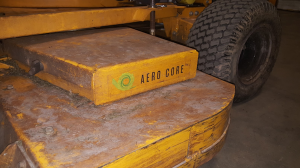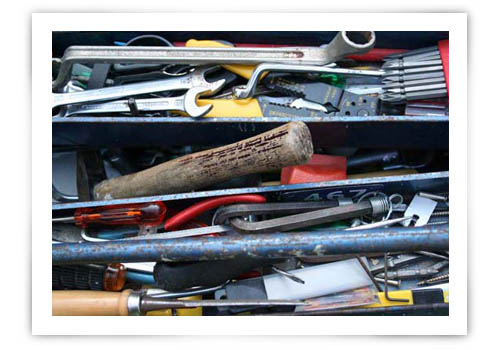3 Steps To Starting A Successful Lawn Mowing Business
Mowing grass for your neighbors is one thing, but actually starting your own lawn mowing business can seem like a daunting task. The reality is this: starting your own business is not difficult if you have the drive and do the research. Today we're going to discuss the first vital steps to getting a business off the ground.

1. Drive and Research
Trying to start a business without drive and discipline is like trying to drive on an interstate highway with flat tires. You'll end up going nowhere. The greatest factor that dooms businesses is not financial crisis or lack of capital, its equivocation and laziness. Personal discipline is the most important initial step towards launching a new business.
Do the research. Think through every detail involving starting a business. Where will you get capital? What equipment do you need? Will you need to rent a space to store equipment and start the business? How can your business be found on the internet? Will you have employees? How will you generate leads for clients? Have the discipline to ask the hard questions and use all of the resources available to you to get the answers. The internet offers many helpful sources, ranging from ratings of lawn equipment to applying for a business loan. It helps to make a daily or weekly research schedule to keep your efforts on track.
2. Capital
Gaining capital through pitching ideas to investors is becoming a thing of the past. New companies are often forced to find capital through other means. What if you don't have your own money to start a business? What should you do?
The first step is to identify which type of capital you need to start, which for almost every new business is either Seed Capital or Start-up Capital. Seed Capital is funding for planning and research, whereas Start-up Capital funds equipment, supplies, and rent. Start-up Capital is particularly important for the first two years of a small business and its potential growth. When a business survives and begins to grow it will shift to Mezzanine Capital, which is also known as Expansion Capital.


